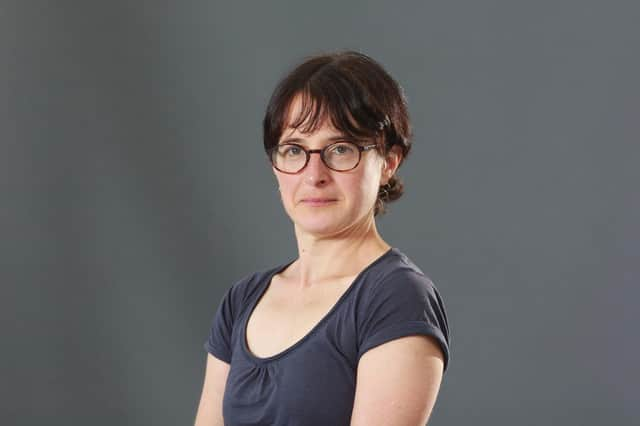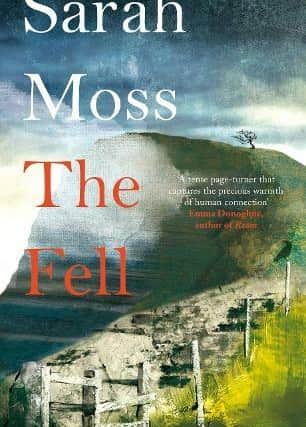Book review: The Fell, by Sarah Moss


Two of the buzzwords of the last 18 months have been "essential" and "non-essential." Essential as in "essential workers" and "essential supplies"; non-essential as in "no non-essential travel outside your local authority area." Inevitably, this sudden bifurcation of people, things and activities into the necessary and the not-so-necessary has been the cause of much debate, across all sectors of society. However, one area where there have been particularly heated discussions is around the vexed question of access to the outdoors – something many would argue is essential for their mental health, but others might class as a non-essential luxury – and it's this that provides Sarah Moss with the jumping-off point for her absorbing eighth novel, The Fell.
When we first meet Kate, the stressed-out, cash-strapped single mother of a teenage son, she is chafing against her confinement during the second lockdown, missing coffee with friends, missing singing in pubs, but most of all missing the freedom of the nearby fells. "How is anyone going to get sick from walking a few miles over the moor and standing on a hillside in the wind?" she wonders, before remembering that "police were hunting people off the hills with dones a few months ago, recording footage to post on social media to 'shame' people who had gone for a walk, playing loud accusations at them from the sky."
Advertisement
Hide AdIn the end, however, not even the threat of police drones is enough to keep Kate shut up indoors any longer, so late one afternoon she grabs her rucksack and slips out for a lockdown-breaking breath of fresh air.


The extended passage of stream-of-consciousness internal monologue that leads up to this moment is subtly, ingeniously done. Far from a careless rule-breaker, Moss is careful to portray Kate as considerate and community-spirited, yet with her desire to protect others rubbing up against an overwhelming need for agency and freedom. On the one hand, she reasons, "it's no use individuals trying to opt out... that's not how society works"; but on the other, "She wishes sometimes you could just sign a disclaimer, like a Do Not Resuscitate order, promising if you get sick you won't go to hospital, won't make any demands or expect any help, and in exchange you could take your own risks, decide how much you want to stay alive and at what risk to your sanity."
In a recent interview Moss said she wrote The Fell very quickly, in a matter of a few months, and as with her last two novels, Ghost Wall (2018) and Summerwater (2020), there's a relentless, intoxicating flow to much of the writing, with ideas constantly spawning new ideas in a process of perpetual intellectual motion. That said, the writing still feels precision-tooled, the words carefully-chosen and the details equally carefully thought-through. When Kate's son Matt realises that she might be in trouble and calls in the emergency services, there's a beautifully judged scene in which his elderly neighbour, Alice, is torn between trying to comfort him and wanting to keep her distance for fear of becoming ill. Unable to invite him into her house when he calls round, she offers to put some cookies on a plate for him. "Don't do that," says Matt, "even if I wash it I'd have to touch it to give it back to you." In the end they compromise with tin foil.
The Fell may only run to 180 pages, but all of lockdown life is here, from everyday negotiations over simple things like offering someone a plate of biscuits, to major philosophical questions around rights and responsibilities. If and when the dust finally settles on the covid era, a handful of the many books it has inspired will eventually solidify into a sort of pandemic canon. It's perhaps not the kind of accolade that authors dream of, but this humane, thoughtful reflection on the experience of the last 18 months surely merits a place on any such list.
The Fell, by Sarah Moss, Picador, 182pp, £14.99
A message from the Editor:
Thank you for reading this article. We're more reliant on your support than ever as the shift in consumer habits brought about by coronavirus impacts our advertisers.
If you haven't already, please consider supporting our trusted, fact-checked journalism by taking out a digital subscription at https://www.scotsman.com/subscriptions